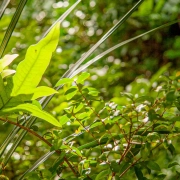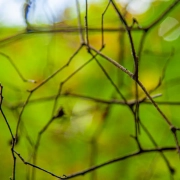Chinese medicine eases dementia
Dementia is a progressive neurodegenerative disorder that affects memory, thinking, and behavior. It is a debilitating disease that affects millions of people worldwide, and there is currently no cure. Traditional Chinese medicine has been used for centuries to treat various ailments, and ba wei di huang wan (BDW) is a Chinese herbal medicine which may offer hope.
In this study, published in Journal of the American Geriatrics Society, Japanese researchers aimed to evaluate the effectiveness of BDW in the treatment of dementia.
The results were nothing short of amazing! The patients who received BDW showed significant improvements in cognitive function and activities of daily living. On the other hand, the placebo group showed no significant change.
But that’s not all! The study also showed a significant decrease in the pulsatility index in the internal carotid artery in the BDW group, indicating an improvement in cerebral blood flow. However, the improvement was only observed during the treatment period, and the scores declined to the baseline level eight weeks after they stopped the treatment.
In conclusion, this study provides evidence of the benefits of BDW in the treatment of dementia. However, the study has some limitations, including a small sample size, short treatment period, and lack of long-term follow-up. Further studies with larger sample sizes, longer treatment periods, and long-term follow-up are needed to confirm the effectiveness of BDW in the treatment of dementia. Nonetheless, this study provides valuable information on the potential benefits of traditional Chinese medicine in the treatment of dementia.
BaWeiDiHuangWan is available through our clinic.
The abstract of the study can be found here.

